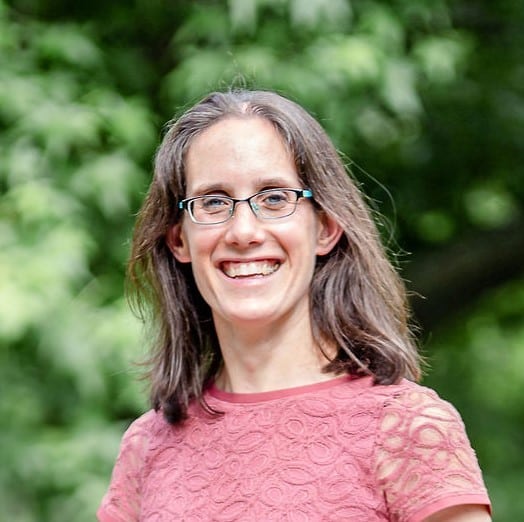Program Name Evolution
Calling Ourselves Home: From Wilderness Therapy to Nature-Based Transpersonal Counseling
In the fall of 2024, two changes were made: a new name and a redesigned curriculum that reflects the ongoing evolution of our program. As of next fall, our students will seek a concentration in Nature-Based Transpersonal Counseling, as part of their studies in Naropa’s Graduate School of Counseling. Our students will continue to receive a strong foundation in essential counseling skills while learning how to incorporate nature into their work in meaningful and rewarding ways.
From the inception of the Transpersonal Wilderness Therapy program in 2002, our faculty and graduates have resisted the notion that nature lies outside of us and can mostly be experienced in wilderness, a place where, by definition, humans don’t really belong. Our new name recognizes that we are always seated firmly in nature. Grounded in our physical body, we belong to this world, and the world belongs to us–not to be dominated but to be cared for and appreciated. This sense of belonging is essential to our mental and physical health.
The name Nature-Based Transpersonal Counseling suggests a shift away from rugged, adventure-based interventions toward practices that are more accessible to a wider range of people. While in Colorado, our towering peaks and wide-open plains beckon, we recognize that many potential counselors and clients find their access to wilderness limited by geographic, financial, and cultural constraints.
Graduates of our program don’t just receive a certificate tacked on to their counseling degree; nature-based learning and experientials are integrated into each course. With roughly one trip per semester, students experience about 6 weeks of intensive experience in expansive places in Colorado, Wyoming, and Utah. On these outings, trained faculty support students to safely experience a range of nature-based interventions, including camping, backpacking, rock climbing, canoeing, animal-assisted therapies, and horticulture. We also incorporate day trips to local parks, gardens, and animal therapy centers, where students practice mindfulness in nature, learn about local history and ecology, and engage in reciprocal caretaking of the land.
In the classroom and beyond, students have opportunities to practice their counseling skills. Through these experiences, students do not become experts in every nature-based modality or technical area, but they do gain the experience, tools, and confidence to lead innovative and effective counseling sessions in diverse settings.
What Will Stay the Same?
- Experiential, contemplative education—Drawing inspiration from Buddhism and the dynamic pairing of Eastern meditation practices and Western psychology, the foundation of any Naropa education rests on a commitment to personal practice and experience. In the Nature-Based Transpersonal Counseling concentration, we augment the traditional counseling curriculum with additional teachings and experiences, including Earth-based practices that support individual and collective wellbeing. The experiential and contemplative aspects of the program contribute to counselor success and longevity in the field.
- Emphasis on Life-Affirming Relationships—We recognize that we do not exist in isolation but are intrinsically connected to a wider ecosystem that includes humans, animals, plants, and other beings. Those relationships are at the root of our pain and our healing. Over the course of three years, students are supported to develop relationships with fellow cohort members, and they are encouraged to engage in reciprocal relationships with the more-than-human world. Students take this sense of deep connectedness into their work as counselors, where they seek to adopt an “I-Thou” stance of reverence and respect for all beings. Clients often remark that they feel uniquely valued by Naropa-trained counselors and that this gives clients the courage to truly engage in the therapeutic process.
- Development of counseling skills that work in and out of the box—Regular outings and a weeklong intensive each semester take students outside of the classroom, where they are able to practice nature-based therapeutic interventions while deepening their own connection to nature. They learn how to work creatively with the tools and resources at hand and to make use of the natural metaphors that we as humans intuitively understand. These experiences give our students the confidence to work with individuals or groups in the most traditional to the most alternative setting. Our students and graduates thrive in schools, agencies, private practice, and adventure-based programs, and they are lauded for their ability to adapt and respond to the changing needs of clients and organizations.
Learn More About the Program

Connect
with your counselor
Becca Schillaci
Admissions Counselor
- (303) 970-9832
- becca.schillaci@naropa.edu
- Attend an Info Session
- Schedule Appointment

Connect
with your counselor
Becca Schillaci
Admissions Counselor
- (303) 970-9832
- becca.schillaci@naropa.edu
- Schedule Appointment

